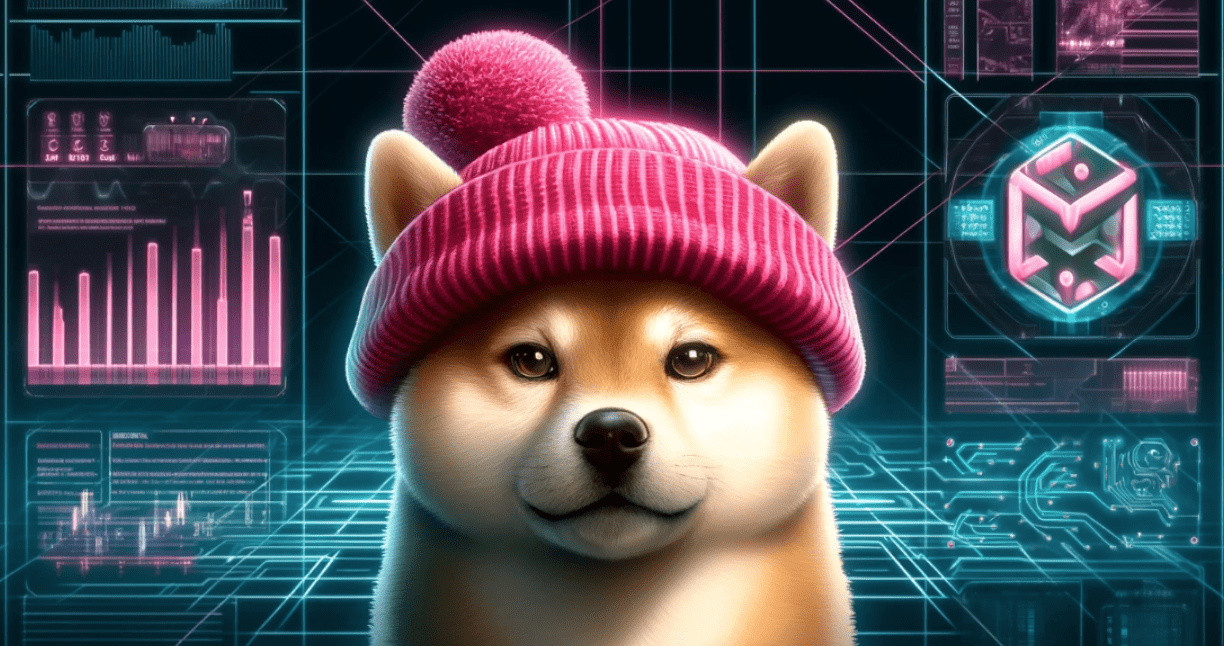Table of Contents
- Traditional Bitcoin Mining
- Sustainable NFT solutions
- Transparency and Due Diligence
- Towards a Sustainable Crypto Ecosystem
Bitcoin mining has faced increasing scrutiny in recent years due to its significant energy consumption and environmental impact. According to estimates, the energy consumption of the Bitcoin network exceeds that of entire countries, and the carbon footprint of mining is equivalent to that of a small country. This has led to concerns about the sustainability of Bitcoin and other cryptocurrencies and their impact on the environment.
Bitcoin has been mined through a process known as Proof-of-Work (PoW) since its inception in 2009. However, the environmental impact and centralisation issues associated with traditional Bitcoin mining have reared their head in recent years. Emerging solutions in the Web3 space may offer a more sustainable and decentralised path forward.
Traditional Bitcoin Mining
PoW mining requires powerful computers to solve complex mathematical equations, which consumes massive amounts of energy. According to some estimates, Bitcoin mining alone consumes more electricity than the entire country of Argentina. This figure has been contested by pro-bitcoin advocates, however it gives an indication of the amount of electricity consumed.
As a further blow to the decentralised ethos of the blockchain, PoW mining has become increasingly centralised, with the majority of mining power controlled by a small number of large mining pools. This concentration of power poses a threat to the decentralisation that is supposed to be a core tenet of blockchain technology. Some mining operations are exploring more sustainable methods, such as renewable energy sources, but the issue remains a significant challenge for the industry.
Proof-of-Stake (PoS) is one such solution, where instead of using computational power to mine new coins, users can "stake" their coins as collateral to validate transactions and create new blocks. This process consumes far less energy and eliminates the need for expensive hardware, making it a more environmentally friendly and accessible option.
Sustainable NFT solutions
Other solutions, such as decentralised storage and computing platforms, also offer alternatives to the energy-intensive PoW mining. These platforms allow users to rent out their unused computing power and storage space, creating a more decentralised and sustainable ecosystem.
And while the Web3 space is still in its nascence, the innovation within Web3 is considerable. CUDOS Markets is a marketplace created by the founders of the sustainable and carbon-neutral Cudos blockchain and Cudo Compute, that provides a unique solution to Bitcoin mining. The platform offers a simplified and user-friendly approach to cryptocurrency mining and brings utility to the world of digital collectibles. By tokenizing hashrate, it enables anyone to participate in the mining process, regardless of technical knowledge or access to expensive hardware.
NFTs are tied to sustainable mining farms, which allow users to purchase a share of a mining pool's computational resources, providing them with a direct stake in the mining rewards.
Users can sell their collectibles on the open marketplace whenever they want. The platform also offers instant liquidity and daily rewards, making it an attractive option for those looking to earn cryptocurrencies without the complexities of traditional mining.
Transparency and Due Diligence
CUDOS Markets is built to be fully transparent, with each seller’s collection displaying maintenance costs. CUDOS Markets’s strict due diligence process ensures that new BTC mining farms are financially sound, environmentally and sustainably responsible, and have a solid team before they list their collections on CUDOS Markets.
As well as facilitating the viewing, buying, and trading of hashrate collections, users also have access to gaming. By allowing users to battle each other for one another’s hashrate, CUDOS Markets provides a rewarding gaming experience that opens up the marketplace for future metaverse functions. As part of this, NFT or CUDOS token holders will be given voting power to determine which games will be built next.
Towards a Sustainable Crypto Ecosystem
The emergence of hashrate NFTs has the potential to democratise the mining industry, while also providing people with new revenue streams. This could lead to increased innovation in the space and ultimately, a more robust and sustainable crypto ecosystem. As the world becomes increasingly concerned with the environmental impact of our technological advancements, the emergence of sustainable and decentralised alternatives to traditional Bitcoin mining is a promising development. While there are still challenges to overcome, the Web3 space offers exciting new possibilities for the future of cryptocurrency.
Disclaimer: This article is provided for informational purposes only. It is not offered or intended to be used as legal, tax, investment, financial, or other advice.













